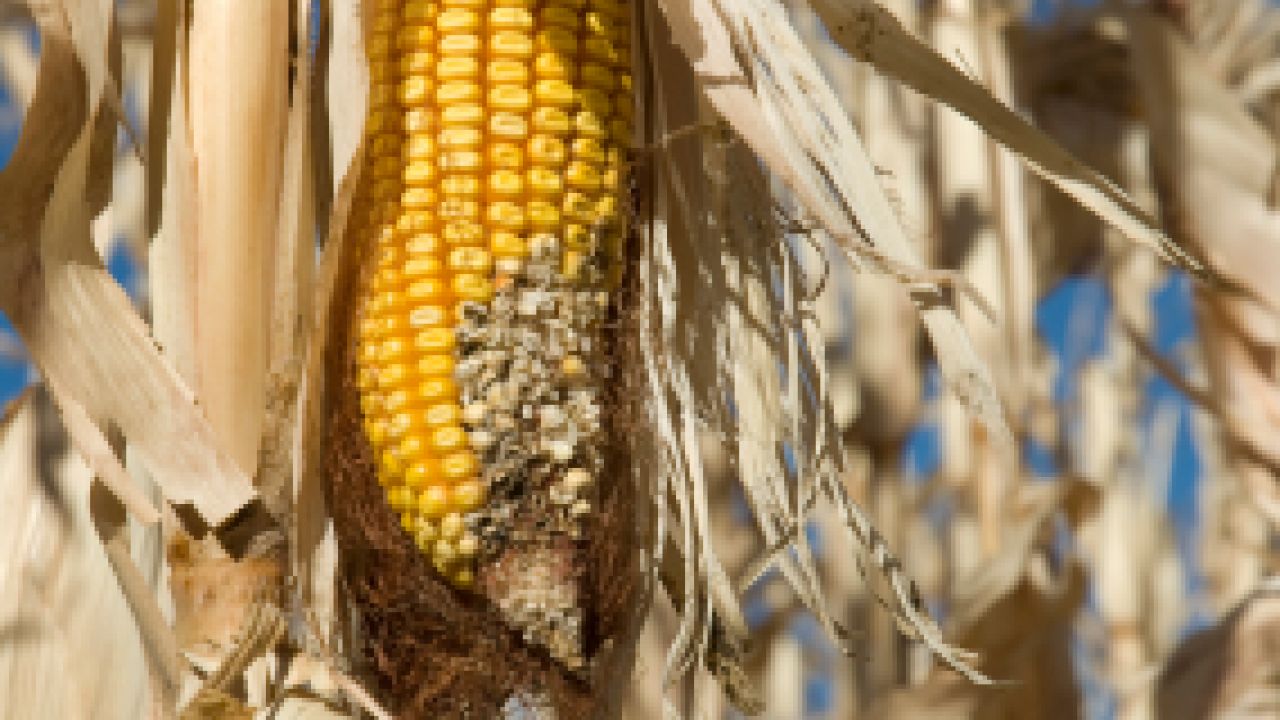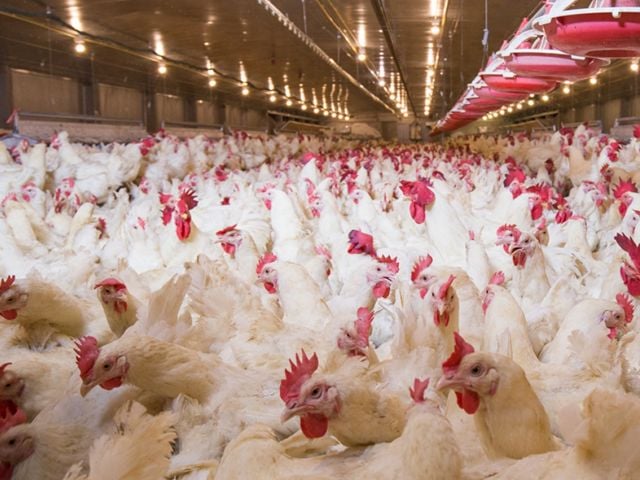
This week, the Department of Agriculture predicted that the 2014-2015 U.S. corn harvest will be the largest ever. Because of policies that Congress adopted in the 2014 farm bill, that could also mean record payouts of taxpayers’ money.
More than 14.4 billion bushels of corn are expected from American fields this autumn, enough for every person on the planet to take home two bushels – and then some.
With so much corn in excellent condition, prices are falling fast. On Tuesday (Sept. 9), corn futures prices closed at $3.4425 a bushel, the lowest in more than four years.
If you happen to be a taxpayer, this news isn’t good. That’s because of a new federal program created in the 2014 farm bill called Price Loss Coverage.
The program puts price floors under commodity crops such as corn – and sets them in stone. If the season-average price of a particular crop falls below legislated price floor, it triggers big payouts. Congress set these “floors” very high because they’re based on the record-breaking crop prices of recent years.
The price floor for corn is $3.70, well above current prices. In its new report, USDA reduced the season-average corn farm price by $0.40, estimating that the final season-average price will fall between $3.20 and $3.80 a bushel. The longer corn prices stay low, the greater the odds the season-average price will come in below $3.70.
If it comes in below $3.70, the Price Loss Coverage program could soon hand farmers billions of dollars and in the process erase the budget savings Congress promised.
The bad news doesn’t end there.
In August, two authoritative agriculture economic professors noted that another new federal crop insurance program, called county-based Agriculture Risk Coverage, could also disgorge big payouts.
Instead of enjoying the $16.6 billion in savings that Congress promised when it passed the 2014 farm bill, we’re frighteningly close to a situation that could entirely erase those savings and more.
During the farm bill debate, EWG championed reforms such as reasonable payment limits or a means-testing provision that would reduce crop insurance subsidies for the wealthiest growers. Both would have helped prevent these big payouts.
Instead, thanks to Congress, your wallets may soon feel a little lighter.


